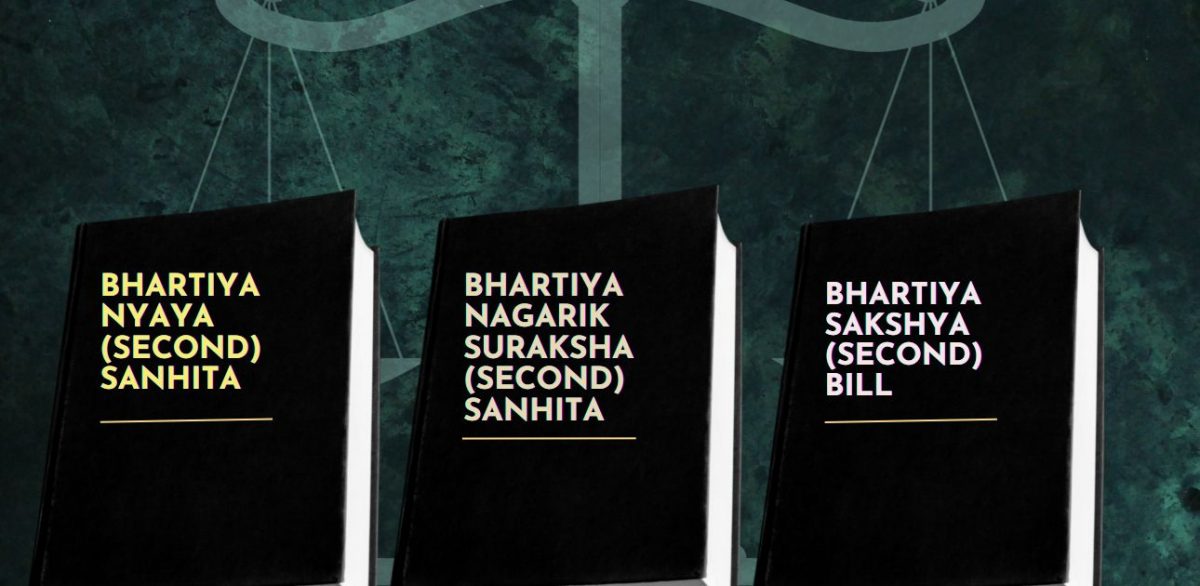The Bharatiya Nyaya Sanhita, the Bharatiya Nagarik Suraksha Sanhita, and the Bharatiya Sakshya Adhiniyam are set to substitute the Indian Penal Code (IPC), Code of Criminal Procedure (CrPC), and Indian Evidence Act, respectively.
A PIL has been submitted to the Supreme Court contesting the legality of the three recent criminal law amendment Acts – Bharatiya Nyaya Sanhita, Bharatiya Nagarik Suraksha Sanhita, and Bharatiya Sakshya Adhiniyam [Vishal Tiwari vs Union of India and others].
The Bharatiya Nyaya Sanhita, the Bharatiya Nagarik Suraksha Sanhita, and the Bharatiya Sakshya Adhiniyam are set to supersede the Indian Penal Code (IPC), the Code of Criminal Procedure (CrPC), and the Indian Evidence Act. These laws aim to revamp India’s criminal justice system and were ratified by Parliament during its winter session last year before receiving the President of India’s approval on December 25th.
The announcement was made on the Rashtrapati Bhavan website, but it hasn’t been officially published in the Gazette of India because the rules associated with it are still pending framing.
As a result, the implementation of the three laws is still pending.
Vishal Tiwari’s petition highlights numerous flaws and inconsistencies within the laws, emphasizing their deviation from recommendations made by the Law Commission.
“The passage of all three criminal laws occurred without any parliamentary debate due to the unfortunate suspension of a majority of Members during that period… The titles of these proposed bills lack clarity regarding the statute’s purpose, remaining ambiguous in nature,” the petitioner asserted.
Furthermore, the Bharatiya Nyaya Sanhita preserves most offenses outlined in the Indian Penal Code of 1860, while the new Code of Criminal Procedure (CrPC) is argued to complicate the process of obtaining bail during police custody.
The trio of laws made its debut in the Lok Sabha on August 11, 2023, and subsequently underwent scrutiny by a parliamentary committee chaired by Brij Lal for deeper analysis.
Following this review, the Lok Sabha officially passed these laws on December 20, after which they received approval from the Rajya Sabha on December 21.



